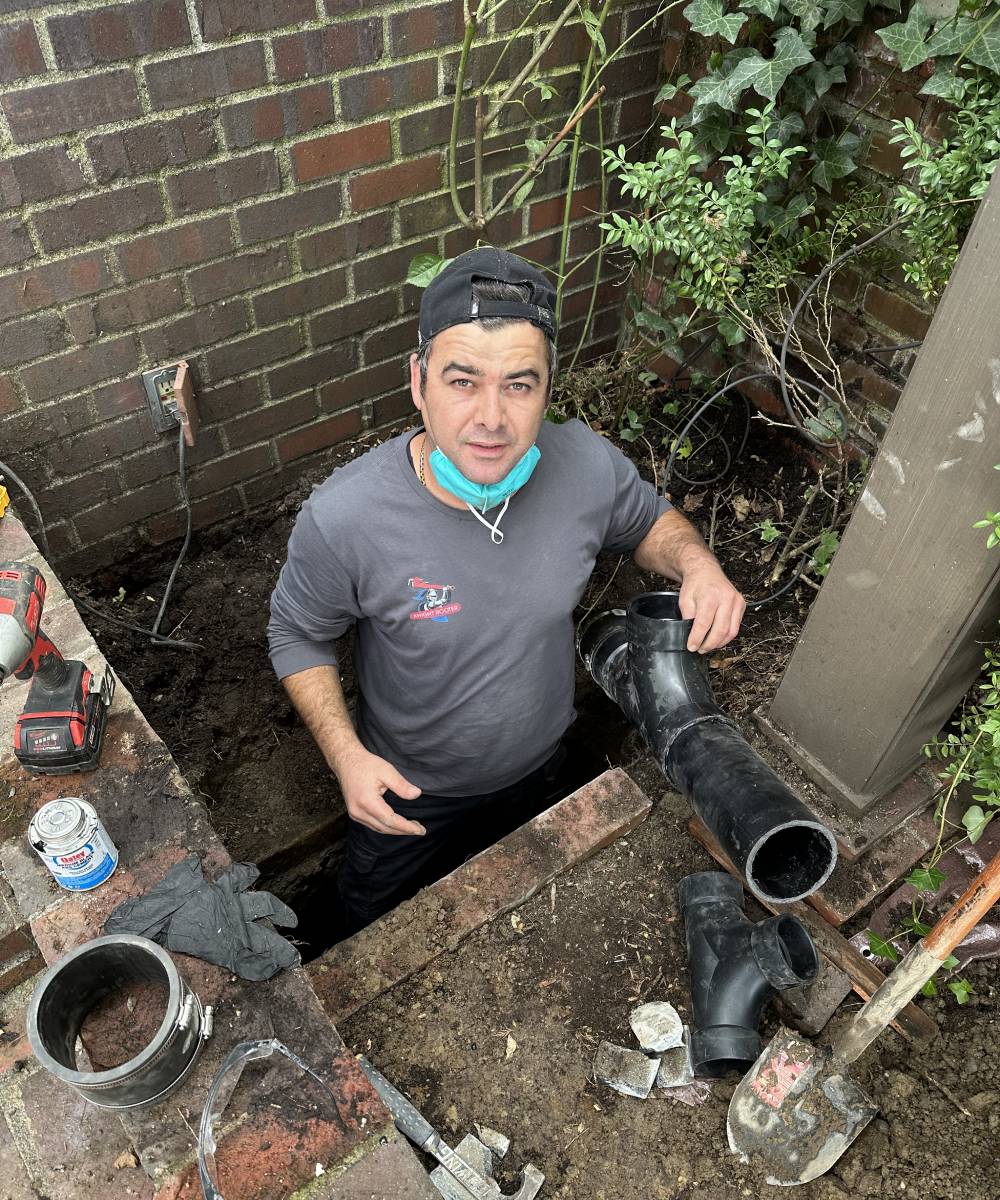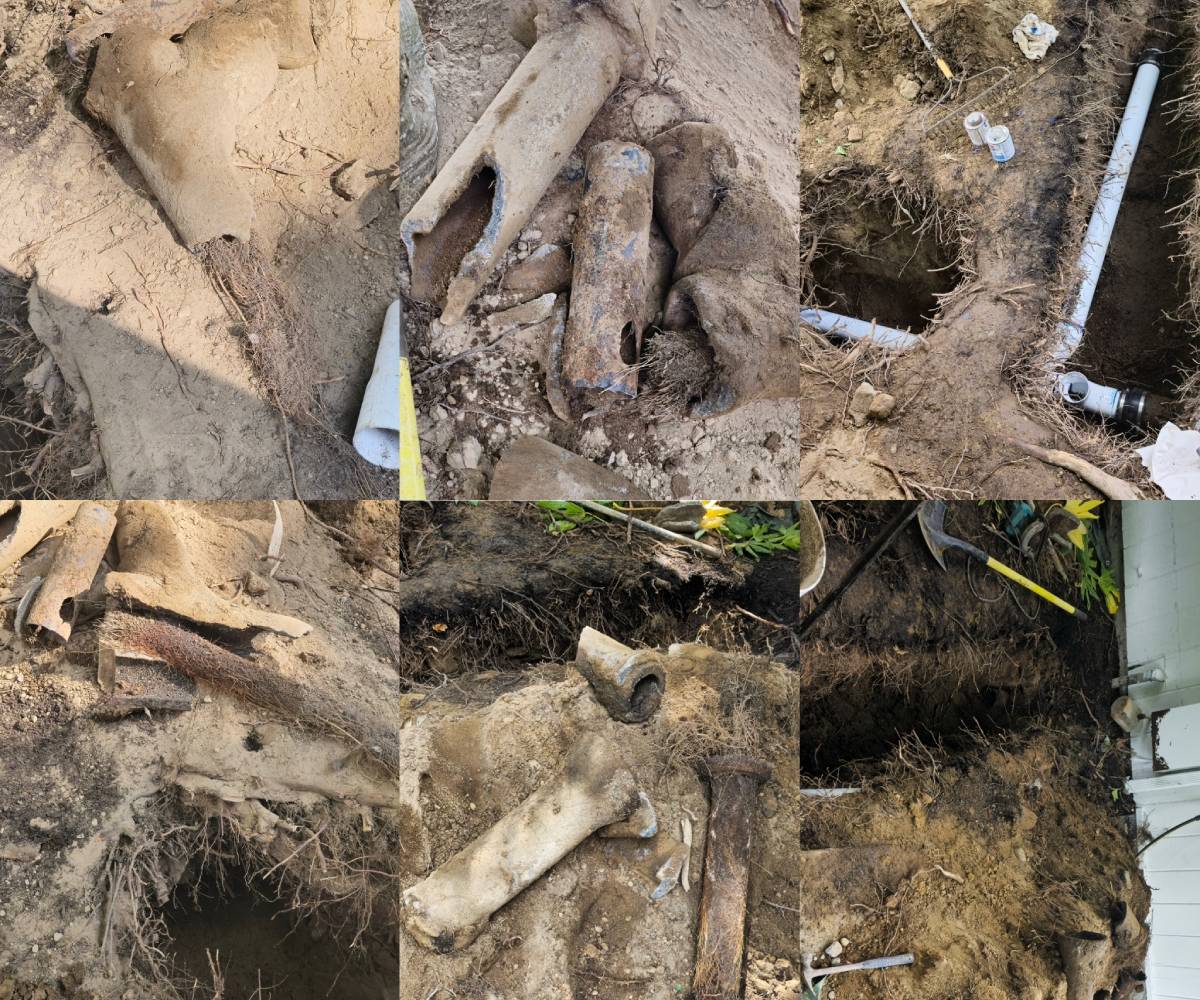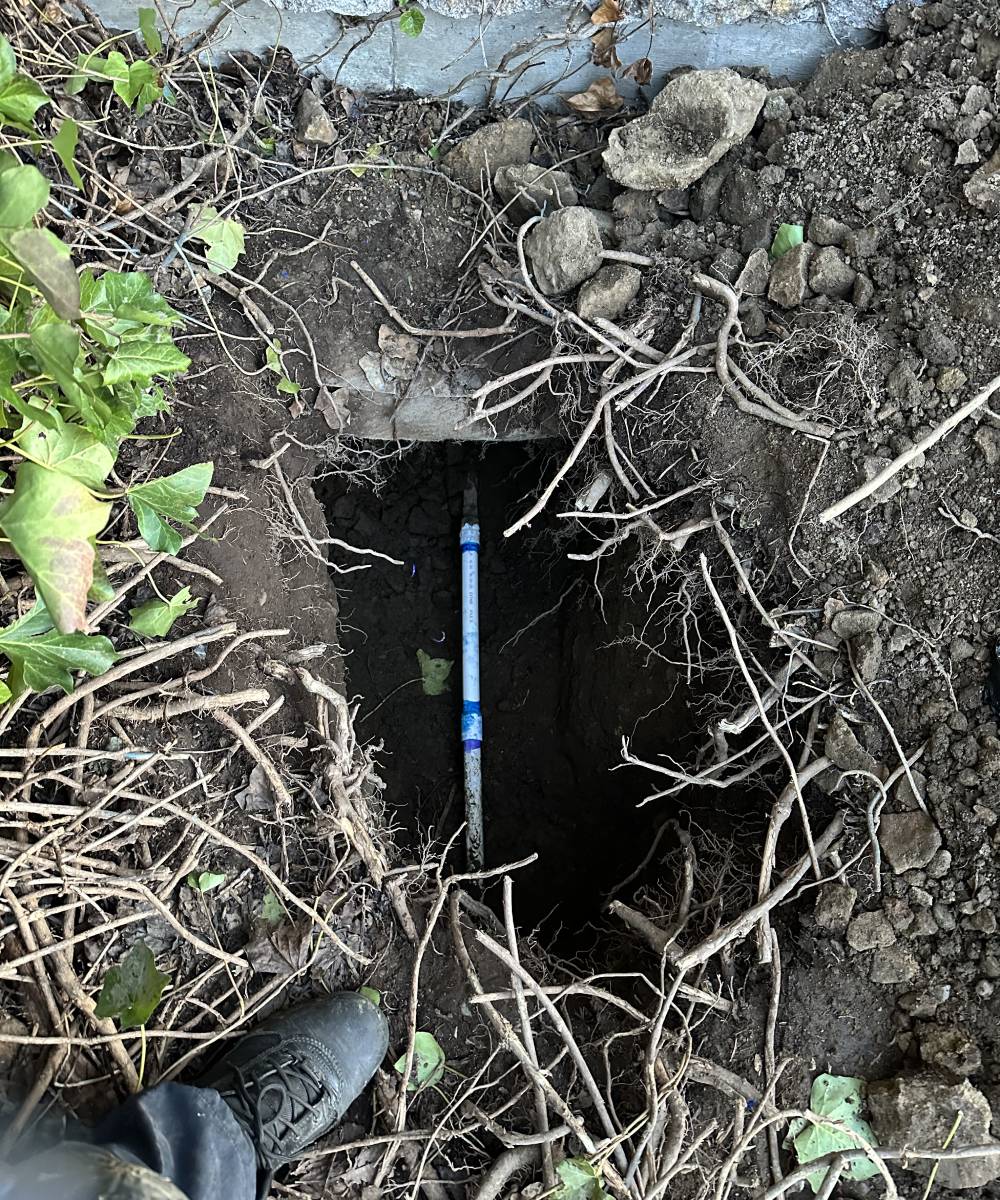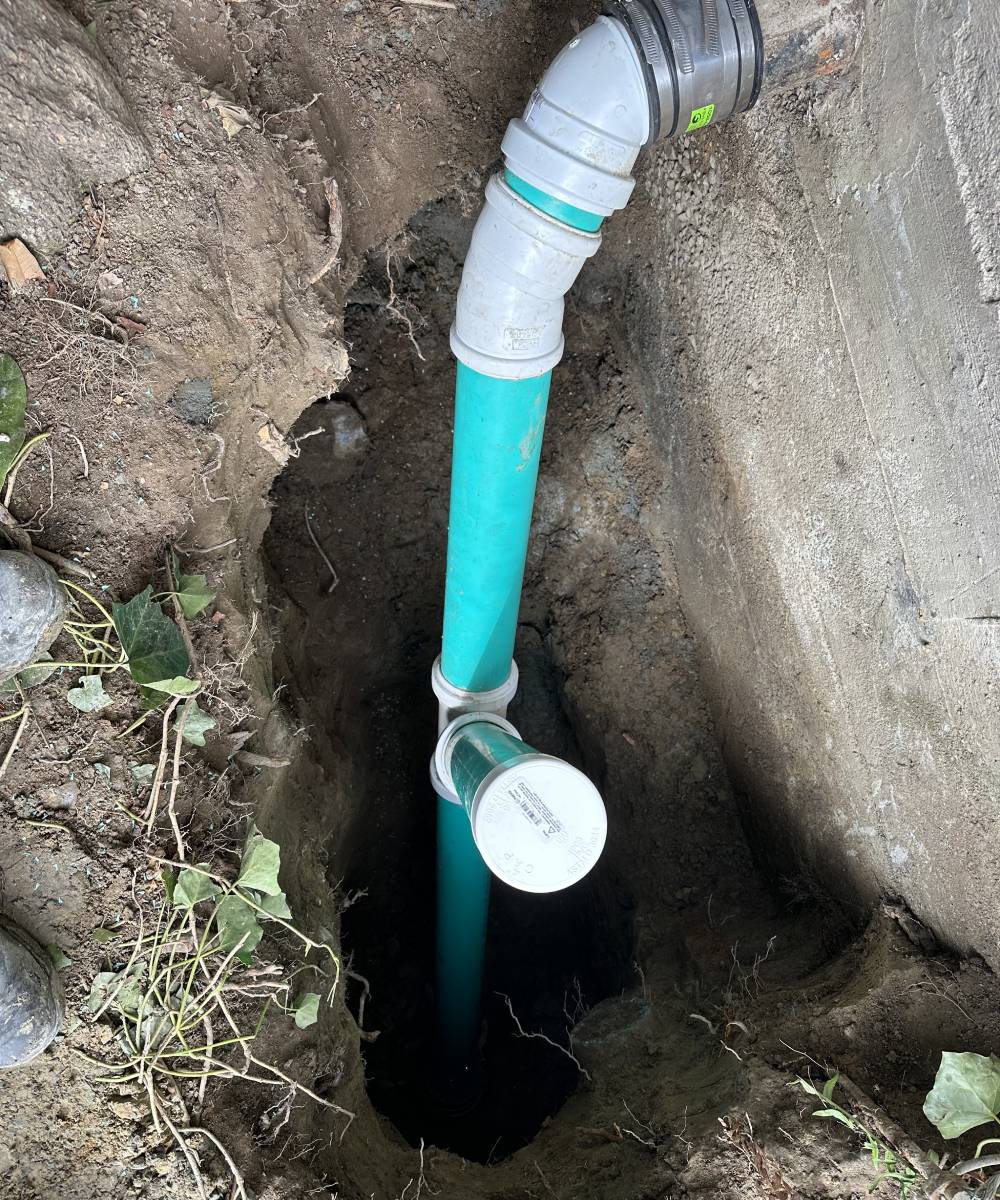Why Small Plumbing Issues Matter
Small plumbing issues may seem like minor inconveniences, but they can escalate into major problems if left unaddressed. A dripping faucet or a slow drain might not seem urgent, but over time, these issues can waste water, increase your utility bills, and even damage your home. In this article, we’ll explore why addressing small plumbing issues promptly is crucial and how preventive measures can save you from costly repairs.
Common Plumbing Problems and Their Risks
Dripping Faucets
A dripping faucet may waste more than 3,000 gallons of water annually, increasing your water bills significantly. Moreover, the constant dripping can wear out the fixture, requiring a full replacement sooner than expected.
Leaky Pipes
Leaky pipes can lead to water pooling in hidden areas, causing structural damage and fostering mold growth. Even a small leak can compromise your home’s integrity over time. Leaks are especially problematic in colder climates, where freezing pipes can burst and cause widespread damage.
Running Toilets
A running toilet can waste hundreds of gallons of water daily. This not only impacts your water bill but also strains your septic system, leading to potential failures. The source of the issue is often a worn-out flapper or malfunctioning fill valve, both of which are simple but critical repairs.
Clogged Drains
Clogged drains can seem like a minor inconvenience, but they often signal larger problems within your plumbing system. Grease, hair, soap residue, and non-biodegradable items can accumulate, leading to complete blockages that require professional intervention.
Consequences of Ignoring Small Plumbing Issues
Water Waste and Higher Bills
Ignoring small plumbing problems leads to unnecessary water waste. For instance, a single dripping faucet can cost you hundreds of dollars annually in increased utility bills. Over time, these costs add up, creating a financial burden that could have been easily avoided.
Structural Damage to Your Home
Leaky pipes can weaken your home’s foundation and cause structural damage. Over time, water can seep into walls, floors, and ceilings, resulting in expensive repairs. Rotting wood, peeling paint, and compromised drywall are just a few visible signs of underlying water damage.
Mold and Mildew Growth
Persistent leaks create damp environments, ideal for mold and mildew growth. This not only damages your property but also poses health risks such as respiratory issues and allergies. Black mold, in particular, is hazardous and costly to remove once it spreads.
Health Risks from Plumbing Neglect
Standing water from leaks or overflows can become a breeding ground for bacteria and pests. This unsanitary environment increases the risk of infections, skin irritations, and even waterborne diseases. Proper plumbing maintenance is essential for maintaining a healthy living space.

How to Address Small Plumbing Problems Early
DIY Fixes for Minor Issues
Some plumbing problems, like a dripping faucet or a clogged drain, can be resolved with basic tools and a little effort:
- Replace Washers: Fix a dripping faucet by replacing worn-out washers or O-rings.
- Use a Plunger: Clear minor clogs in sinks or toilets using a plunger.
- Clean P-Traps: For slow drains, remove and clean the P-trap under the sink to clear blockages.
When to Call a Professional
For more complex issues like persistent leaks, pipe damage, or major blockages, it’s best to consult a professional plumber. Early intervention can prevent the problem from escalating and save you money in the long run. Professionals also use advanced tools like hydro-jetting and video inspections to address underlying issues effectively.
Preventive Maintenance Tips
Routine Inspections
Schedule regular plumbing inspections to identify and address potential issues before they become major problems. Professionals like KnightRooter can assess your plumbing system’s condition and recommend necessary repairs.
Proper Usage of Fixtures
- Avoid flushing non-biodegradable items like wipes or feminine products down the toilet.
- Dispose of grease and food scraps in the trash instead of the sink to prevent clogs.
- Run cold water while using garbage disposals to solidify grease and prevent it from sticking to pipes.
Upgrading Outdated Plumbing Systems
If your home has older plumbing systems, consider upgrading to modern, efficient materials like PEX or PVC pipes. These materials are more durable and resistant to leaks, ensuring a longer lifespan for your plumbing system.
How KnightRooter Can Help
At KnightRooter, we specialize in addressing all types of plumbing issues, from minor leaks to major repairs. Our services include:
- Comprehensive Inspections: Identifying potential risks before they escalate.
- Expert Repairs: Solving plumbing problems efficiently and effectively.
- Preventive Maintenance: Keeping your plumbing system in top condition.
Our drainpipe maintenance services ensure your plumbing system stays functional and efficient. With 24/7 emergency support, we’re always here when you need us most.
FAQ
What are the most common small plumbing issues?
Dripping faucets, leaky pipes, clogged drains, and running toilets are among the most common problems.
Can small plumbing issues cause significant damage?
Yes, even minor issues can lead to water waste, structural damage, and mold growth if ignored.
How often should I have my plumbing system inspected?
Routine inspections every 6-12 months can help identify and address potential issues early.
What should I do if I spot a leak?
Turn off the water supply and contact a professional plumber immediately to assess and repair the damage.
Are DIY fixes reliable for plumbing problems?
DIY solutions are effective for minor issues, but complex problems require professional expertise.
How can I prevent clogs in my drains?
Use drain screens, avoid pouring grease or coffee grounds down the sink, and schedule regular drain cleaning services.
For professional and fast drain cleaning Bothell, drain cleaning Seattle, and drain cleaning Bellevue, contact KnightRooter. Our team is ready to provide the best solutions for your drain issues.





No comment yet, add your voice below!